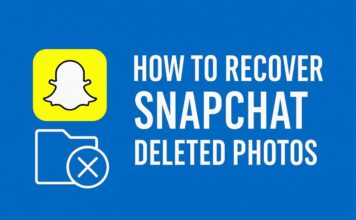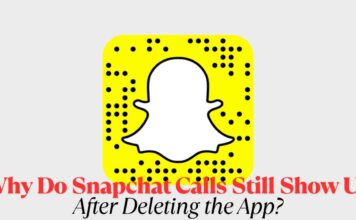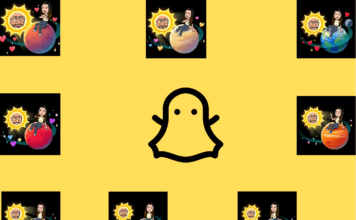In the ever-evolving world of social media, new slang terms and abbreviations emerge regularly, especially on platforms like Snapchat where brevity is key. One such term you might have come across is “NRS.” If you’re wondering what NRS means on Snapchat, you’re not alone. This article will delve into the meaning of NRS, its usage, and how to navigate conversations when you encounter this acronym.
Understanding NRS on Snapchat
What Does NRS Stand For?
On Snapchat, NRS typically means “No Replies” or “No Response.” It’s a way for users to indicate that they won’t respond to messages or snaps for a certain period. This could be due to being busy, going offline, or simply needing a break from social media.
Why Do People Use NRS?
The primary purpose of using NRS is to inform friends and followers that you’re not available for communication. By posting NRS on your story or sending it in a snap, you’re setting an expectation that you won’t be replying to messages, so others don’t feel ignored or think you’re being unresponsive intentionally.
How Is NRS Used on Snapchat?
In Stories
Users often post NRS on their Snapchat stories along with a picture or a brief message explaining why they’re unavailable. For example:
- “NRS – Studying for exams, talk later!”
- “NRS for the weekend, going on a trip!”
By sharing it on their story, they broadcast the message to all their contacts at once.
In Direct Messages
Sometimes, users send a direct snap or message to specific friends with NRS to let them know personally that they won’t be available. This is more targeted and ensures that close friends or important contacts are aware of your unavailability.
Combined with Other Acronyms
NRS is sometimes used alongside other acronyms to provide more context. For example:
- “NRS TTYL” – No Replies, Talk To You Later.
- “NRS, BRB” – No Replies, Be Right Back.
Examples of NRS Usage
To better understand how NRS is used on Snapchat, here are some real-life examples:
- Scenario 1: Emma is heading into a day full of meetings. She posts on her story, “NRS today, super busy at work!”
- Scenario 2: Jake is going camping where there’s no internet. He sends a snap to his close friends saying, “NRS for a few days, off the grid!”
- Scenario 3: Lily needs to focus on her studies. She updates her status, “NRS until exams are over.”
In each case, NRS effectively communicates that the user won’t be available to reply to messages or snaps.
How to Respond When Someone Uses NRS
When you see someone has posted NRS, it’s courteous to respect their unavailability. Here are some tips:
- Don’t Expect Immediate Replies: Understand that they won’t be responding until they’re available again.
- Avoid Sending Non-Urgent Messages: If it’s not important, wait until they are back online.
- Offer Support if Needed: If they mention being stressed or busy with something significant, a supportive message can be appreciated when they return.
The Importance of NRS in Digital Communication
Managing Expectations
In our always-connected world, there’s often an unspoken expectation for immediate responses. NRS helps manage these expectations by clearly communicating availability.
Mental Health Considerations
Taking breaks from social media can be essential for mental well-being. Using NRS allows users to step back without feeling guilty about not replying.
Politeness and Courtesy
Informing friends about your unavailability is a courteous gesture. It shows respect for their time and prevents misunderstandings.
Other Meanings of NRS
While “No Replies” is the most common meaning on Snapchat, NRS can have other interpretations in different contexts:
- “No Reshares”: Requesting others not to share your content.
- “No Requests”: Indicating you’re not taking requests at the moment, often used by influencers or content creators.
- “Not Really Sure”: Expressing uncertainty in response to a question.
However, on Snapchat, these meanings are less common. Always consider the context to understand the intended meaning.
Keeping Up with Snapchat Slang
Why Slang Matters
Social media platforms like Snapchat thrive on quick, informal communication. Slang terms and acronyms make conversations more efficient and can help convey messages succinctly.
How to Stay Updated
- Engage Regularly: The more you use Snapchat, the more familiar you’ll become with common terms.
- Ask Friends: If you’re unsure about a term, don’t hesitate to ask.
- Online Resources: Websites and articles like this one can help you stay informed.
Frequently Asked Questions
Is NRS Used Only on Snapchat?
While NRS is commonly used on Snapchat, especially given its focus on quick snaps and stories, it can also appear on other social media platforms like Instagram or in text messages.
Does NRS Mean the Same as Ghosting?
No, ghosting refers to ending all communication without explanation. NRS, on the other hand, is a proactive way of informing others that you won’t be available, which is the opposite of ghosting.
Can I Use NRS in Professional Communication?
NRS is informal and typically reserved for personal communication among friends. It’s not appropriate for professional settings. In professional contexts, it’s better to set an out-of-office message or inform colleagues directly.
What Should I Do If Someone Doesn’t Respect My NRS?
If someone continues to send messages expecting replies despite your NRS notice, you can choose to address it directly when you’re available again or adjust your privacy settings to limit their access.
Conclusion
Understanding what NRS means on Snapchat enhances your communication skills on the platform. By using NRS appropriately, you can manage your availability and set clear expectations with your friends. It’s a simple yet effective tool to navigate the fast-paced world of social media without feeling overwhelmed.
Remember, communication is a two-way street. Whether you’re using NRS to signal your unavailability or respecting someone else’s NRS notice, mutual understanding goes a long way in maintaining healthy digital relationships.

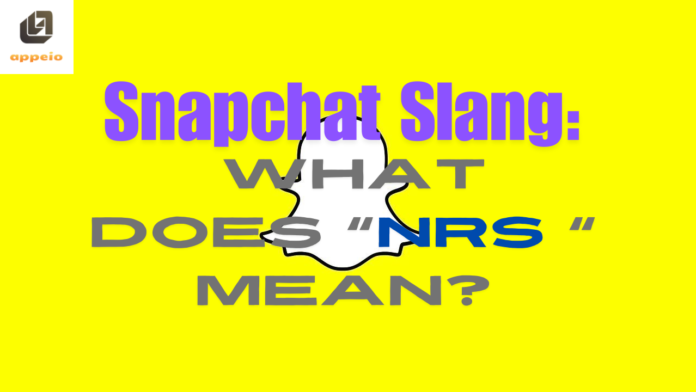
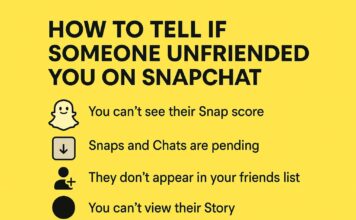
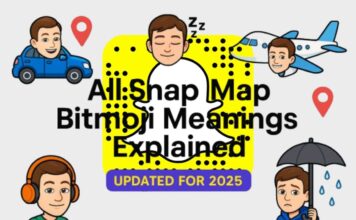
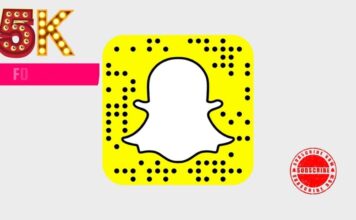
![What Does the Yellow Heart Mean on Snapchat? [Snapchat Emojis Explained] What Does the Yellow Heart Mean on Snapchat?](https://appeio.com/wp-content/uploads/2025/04/What-Does-the-Yellow-Heart-Mean-on-Snapchat-356x220.jpg)
